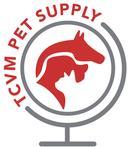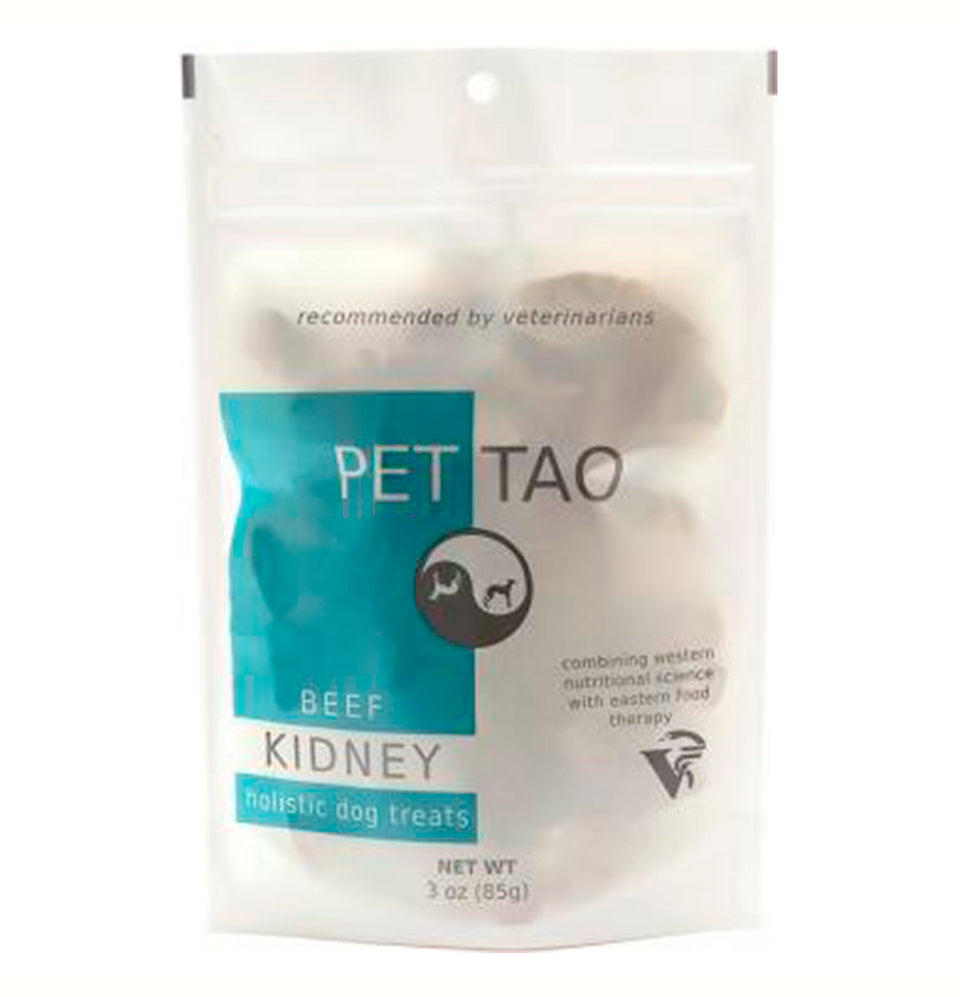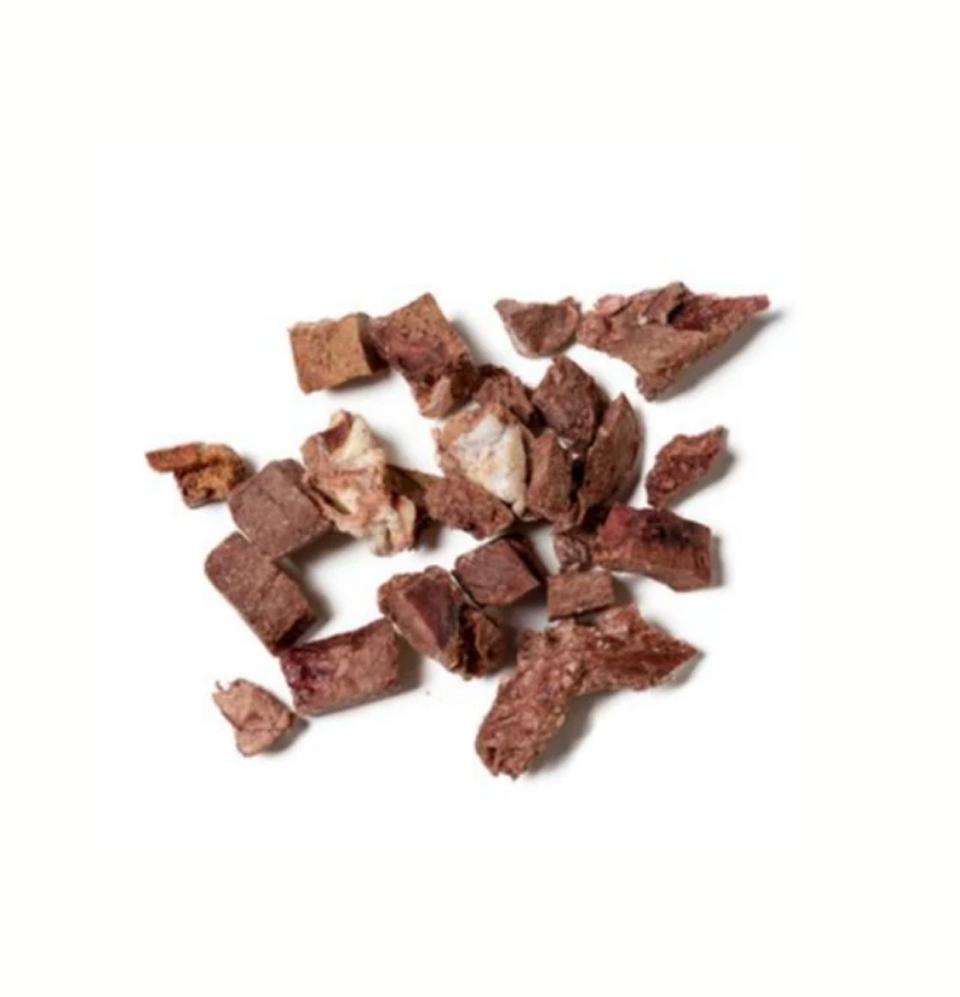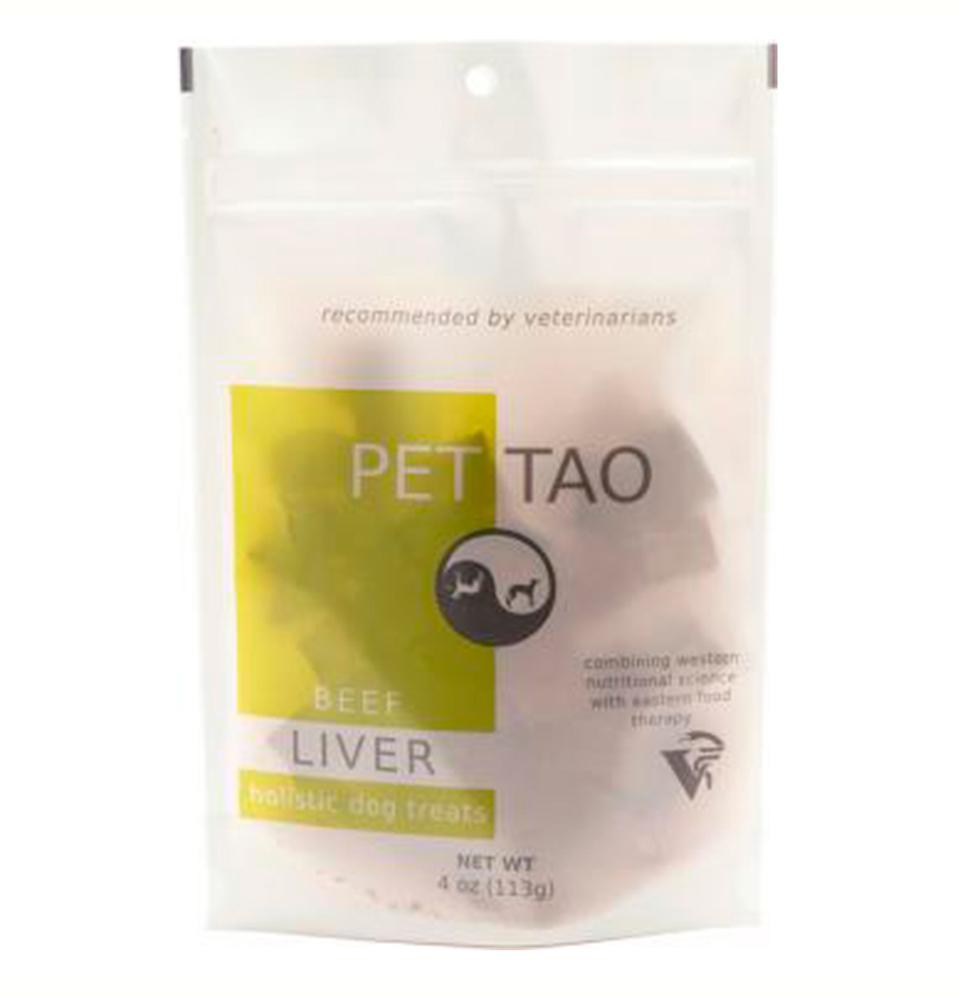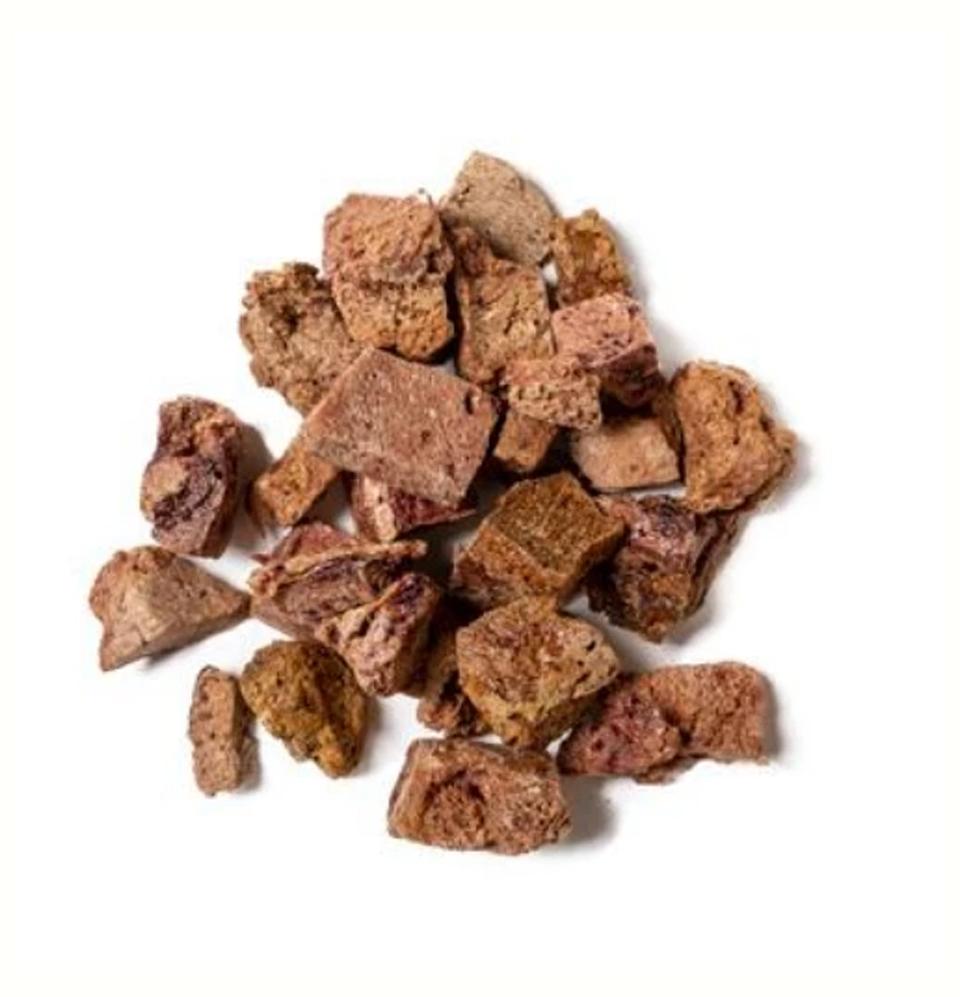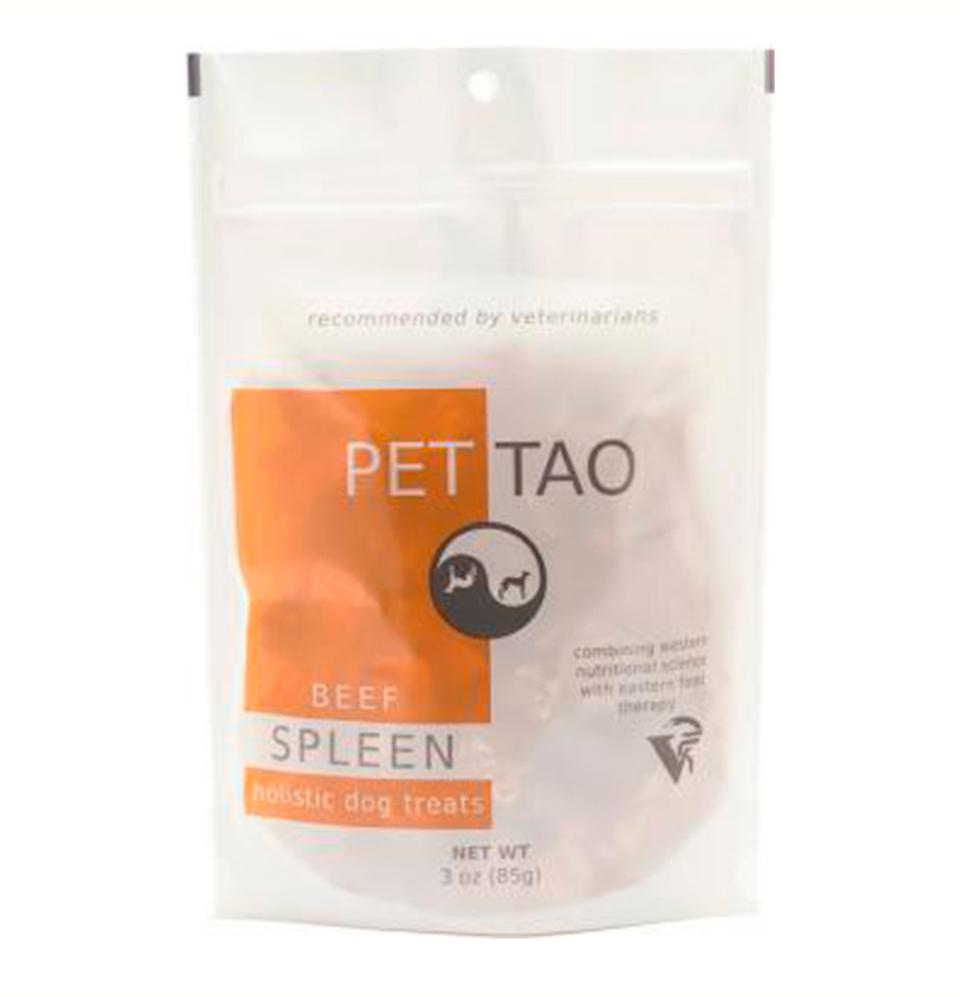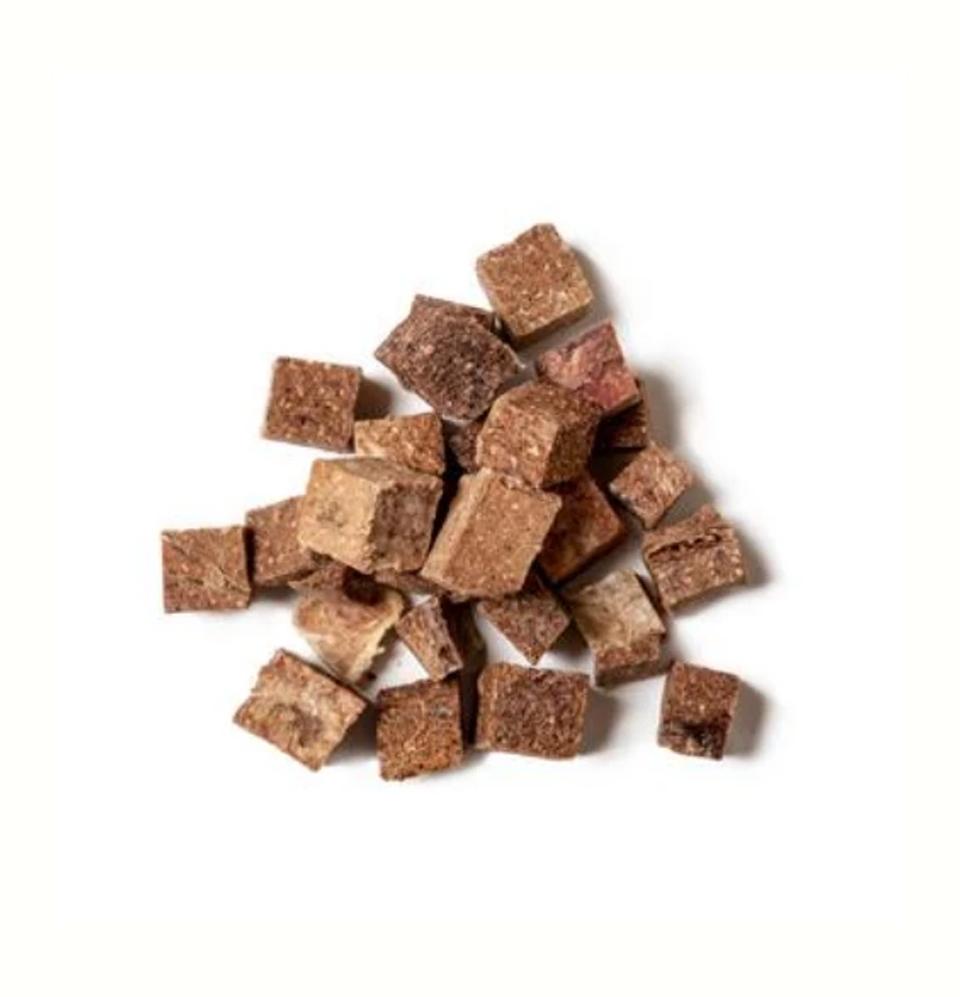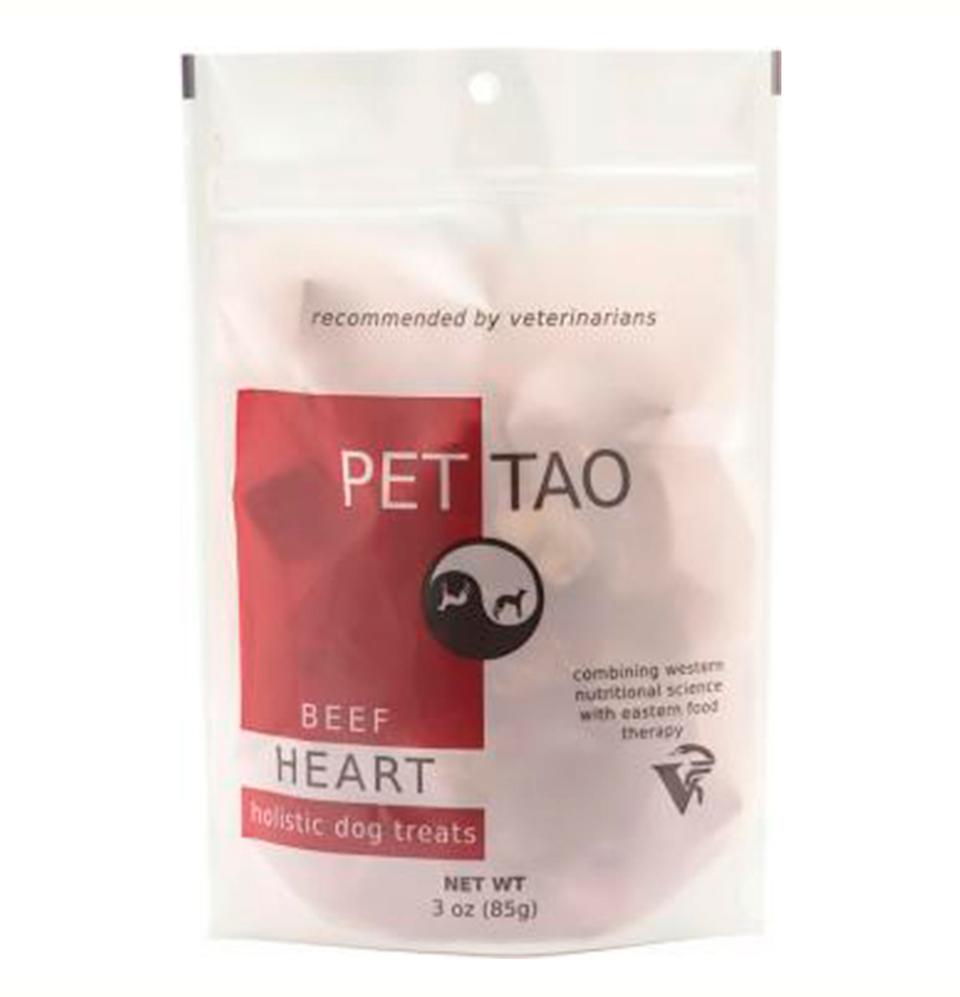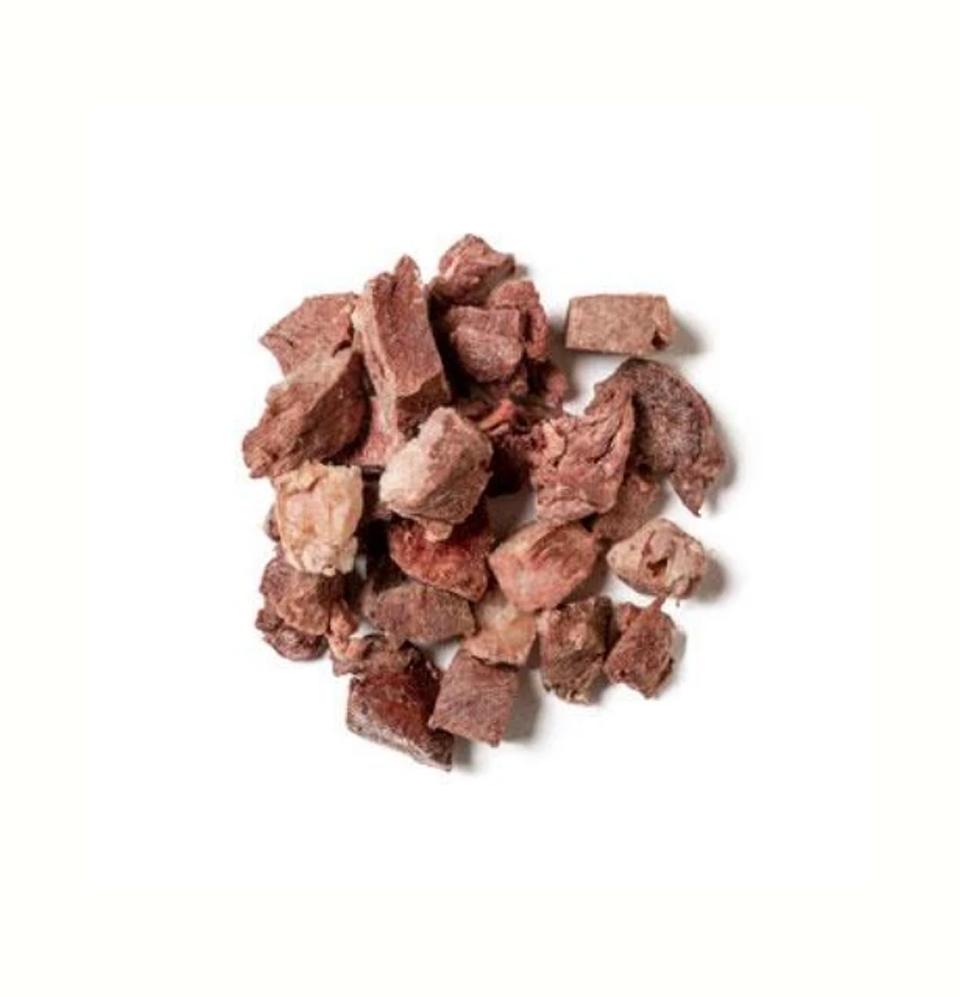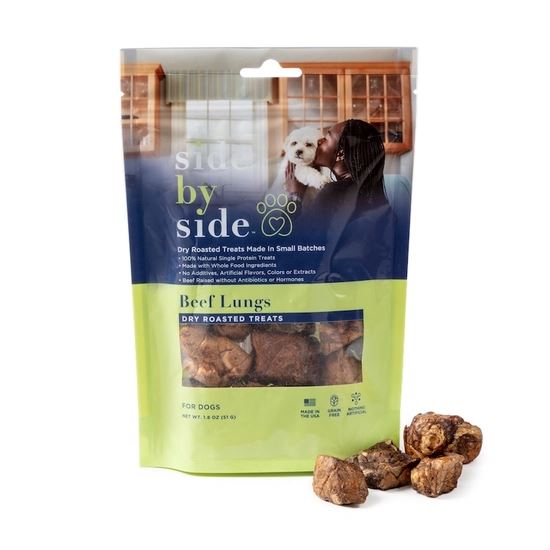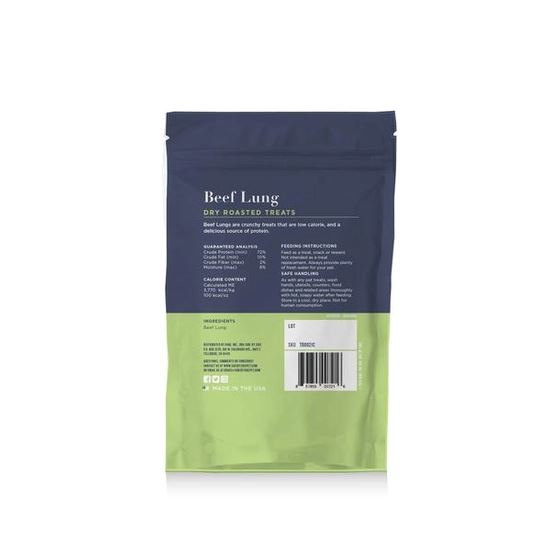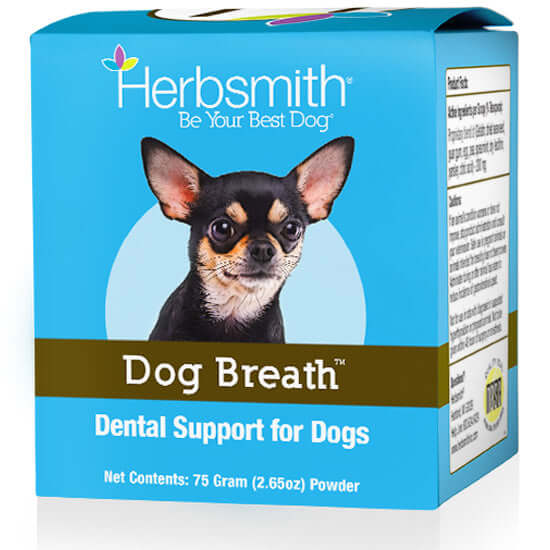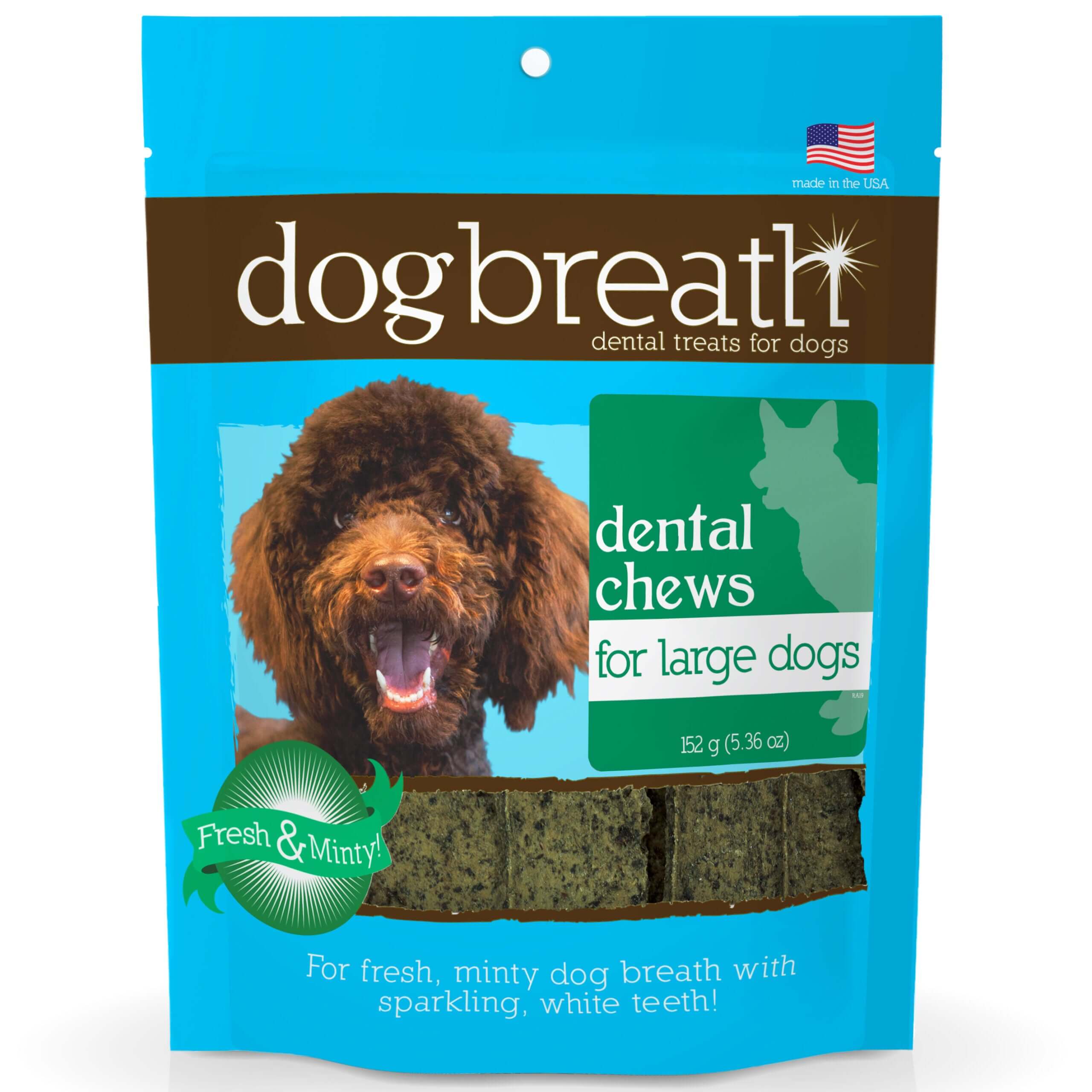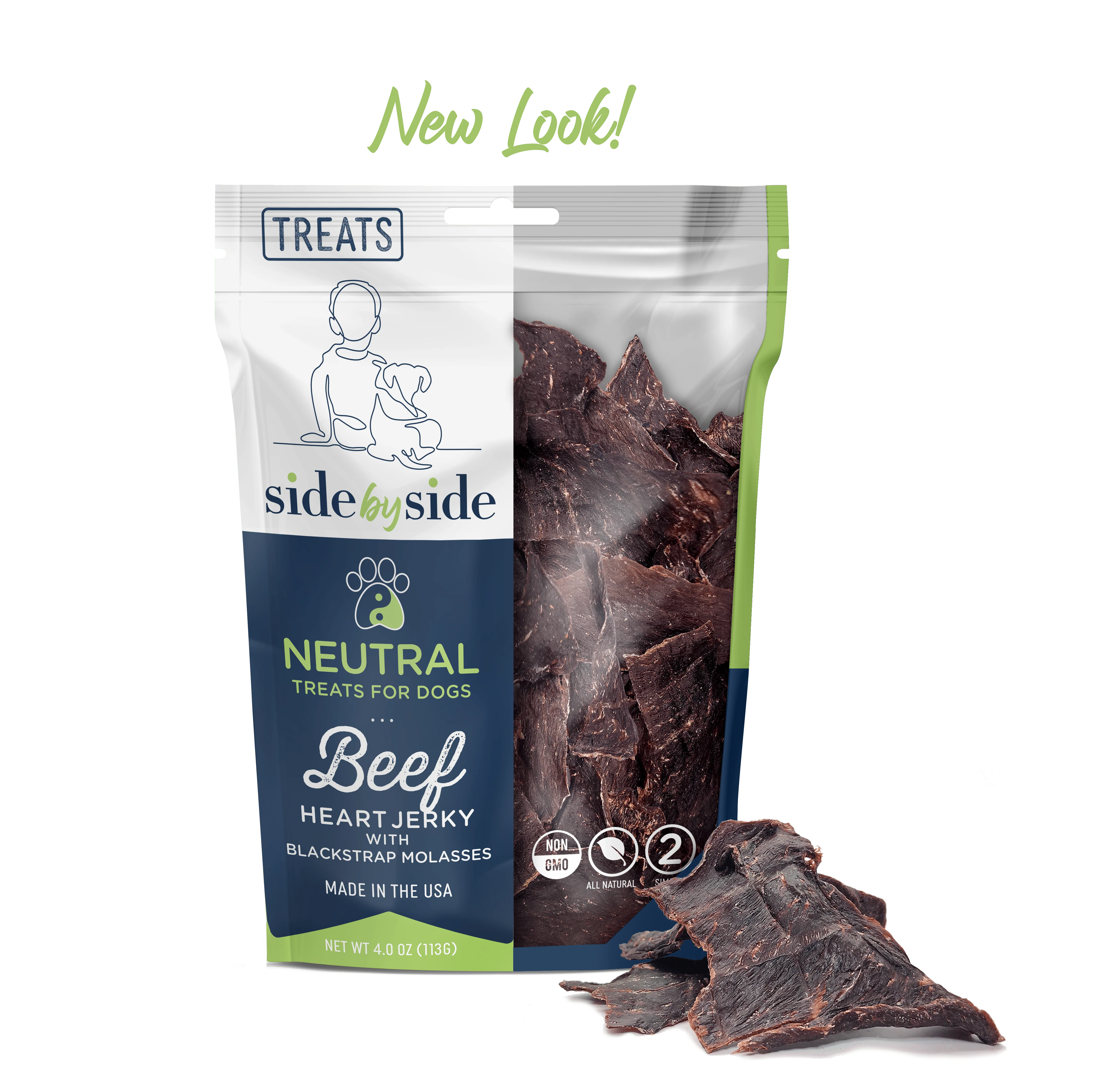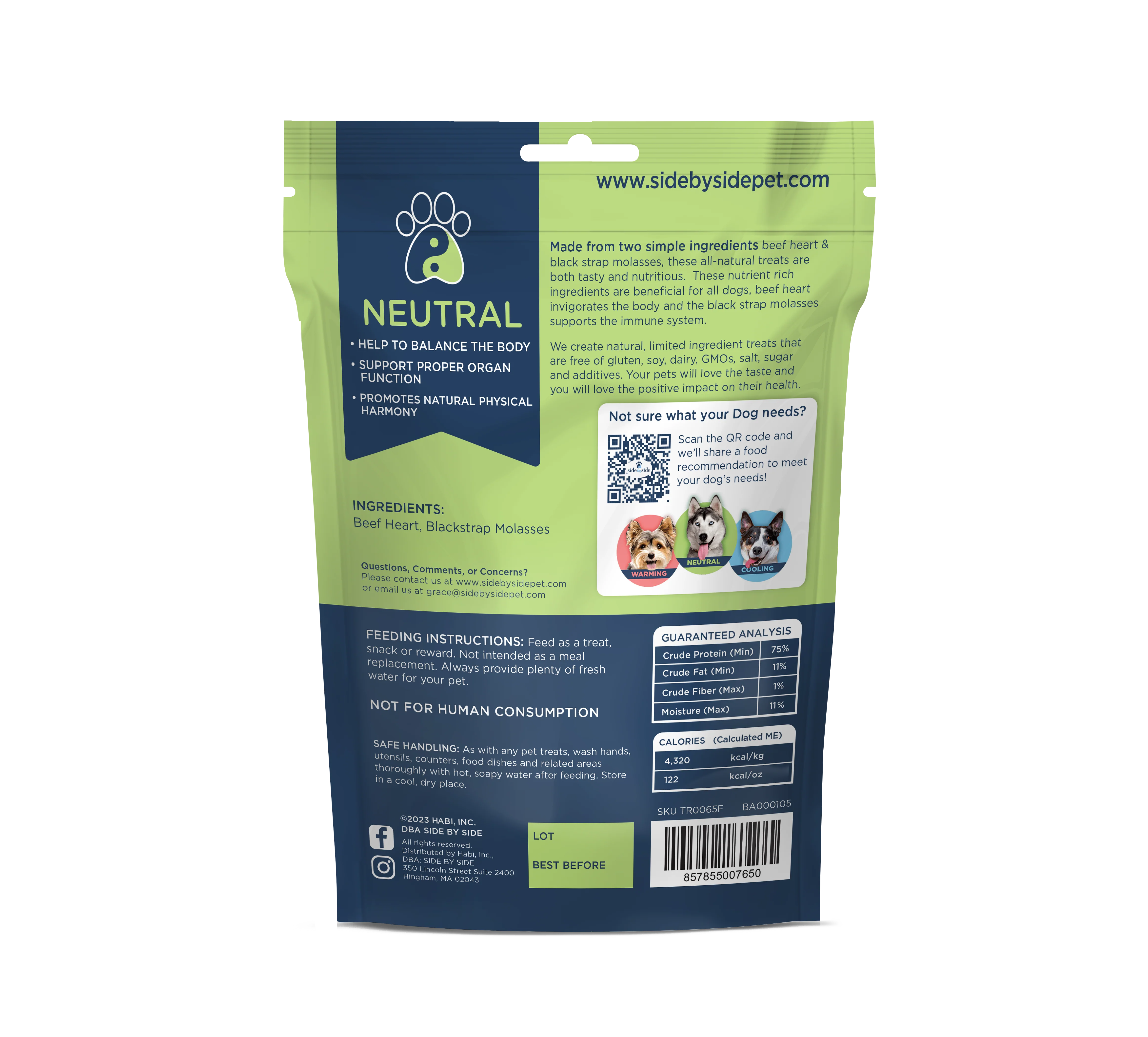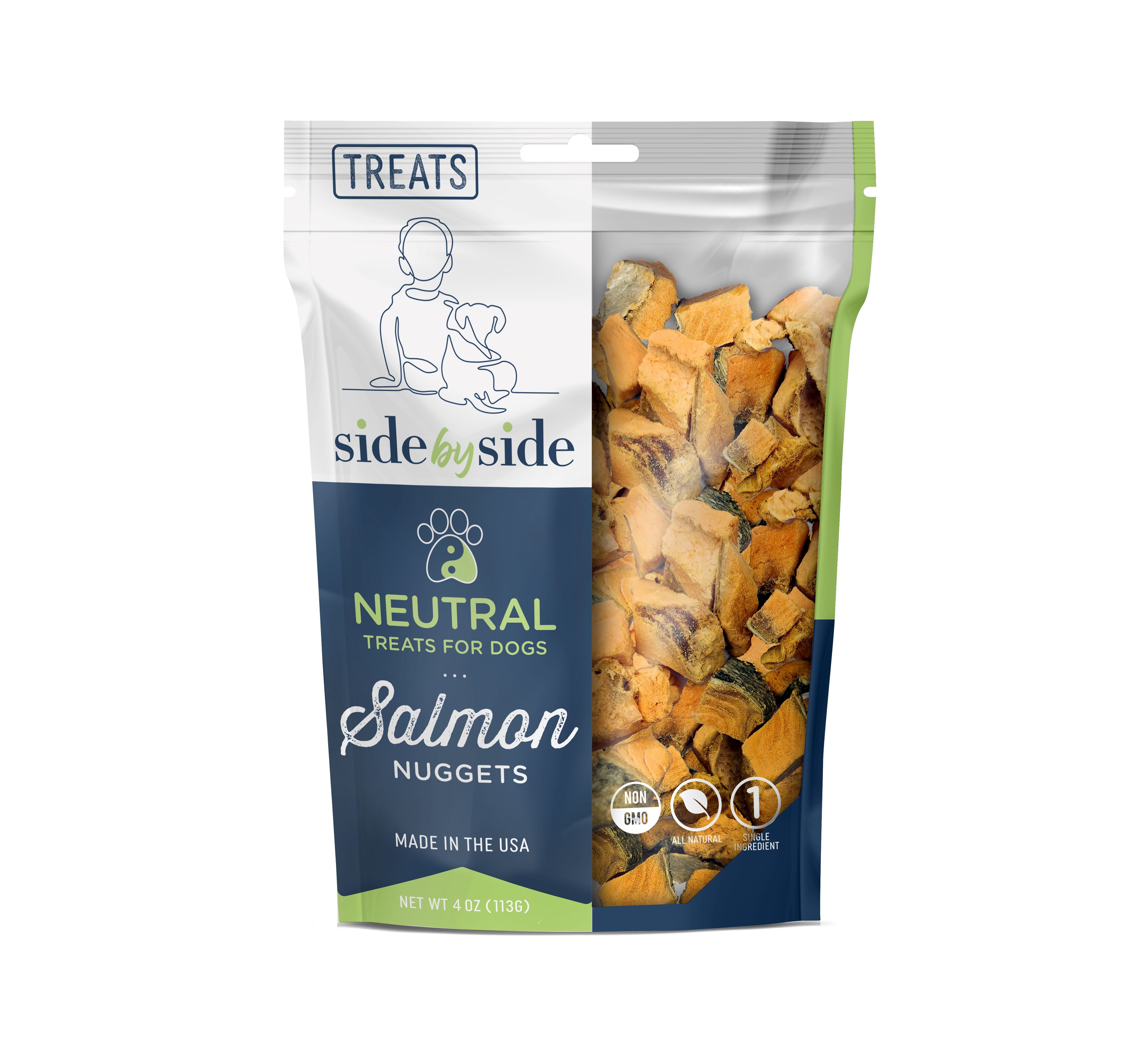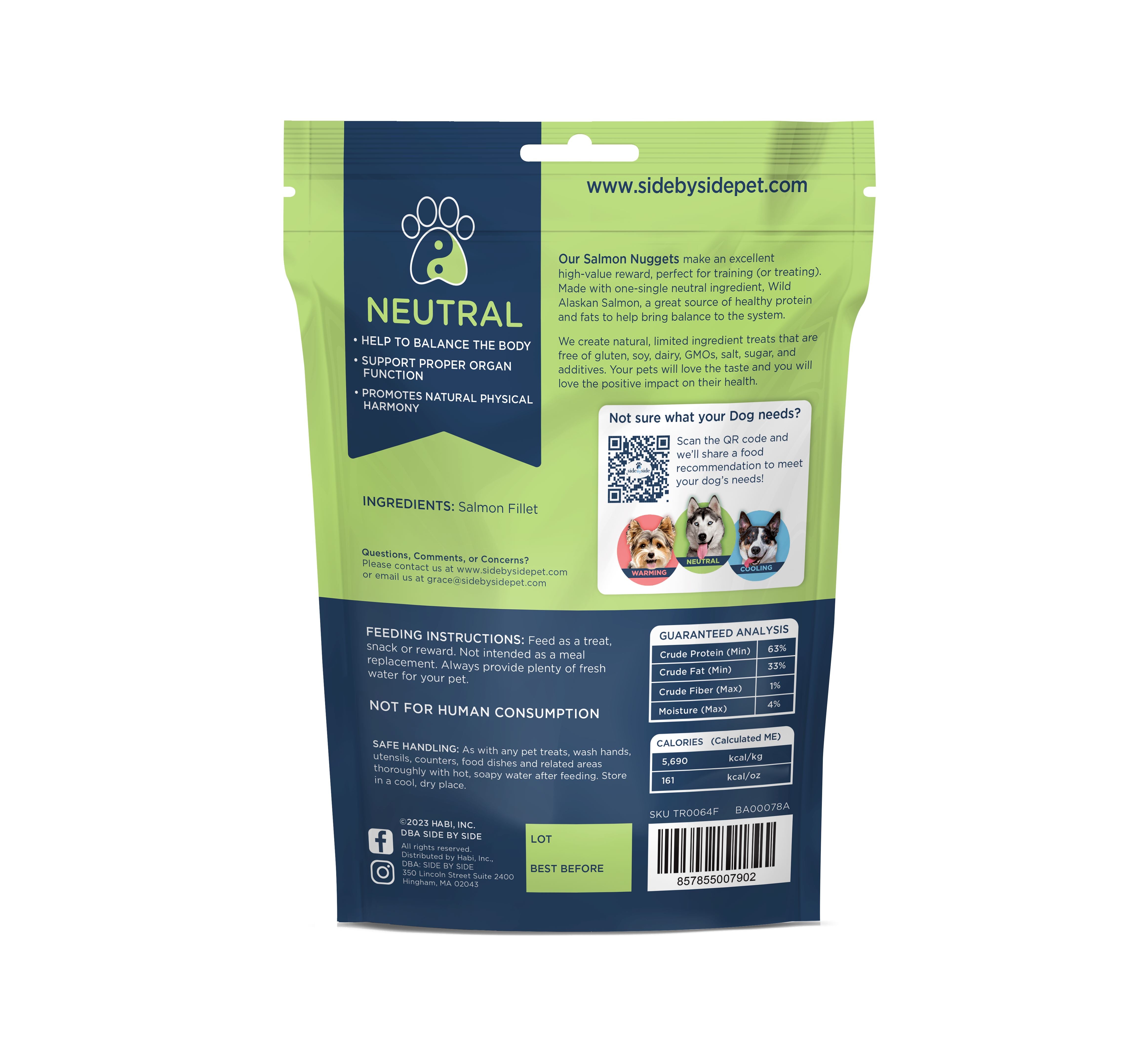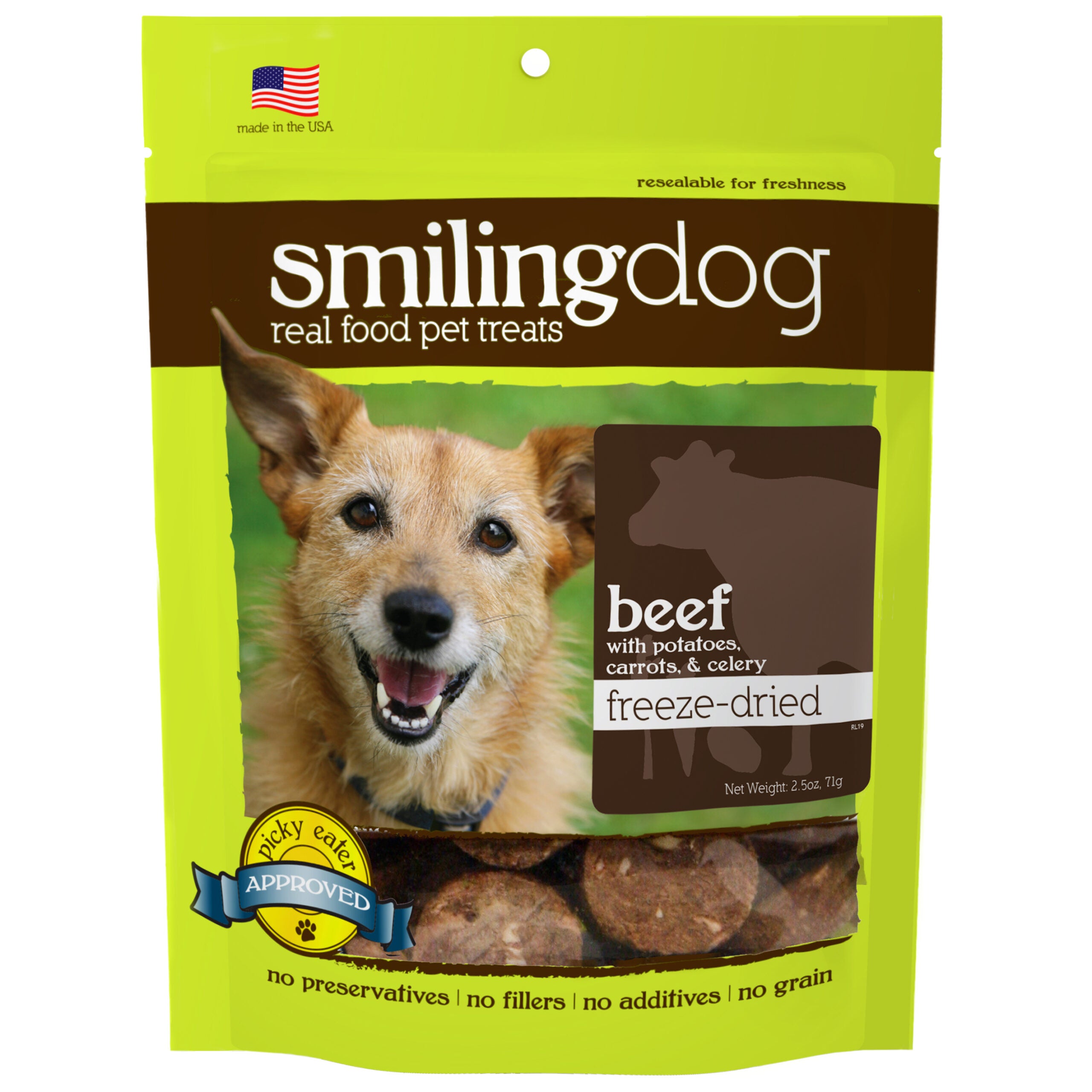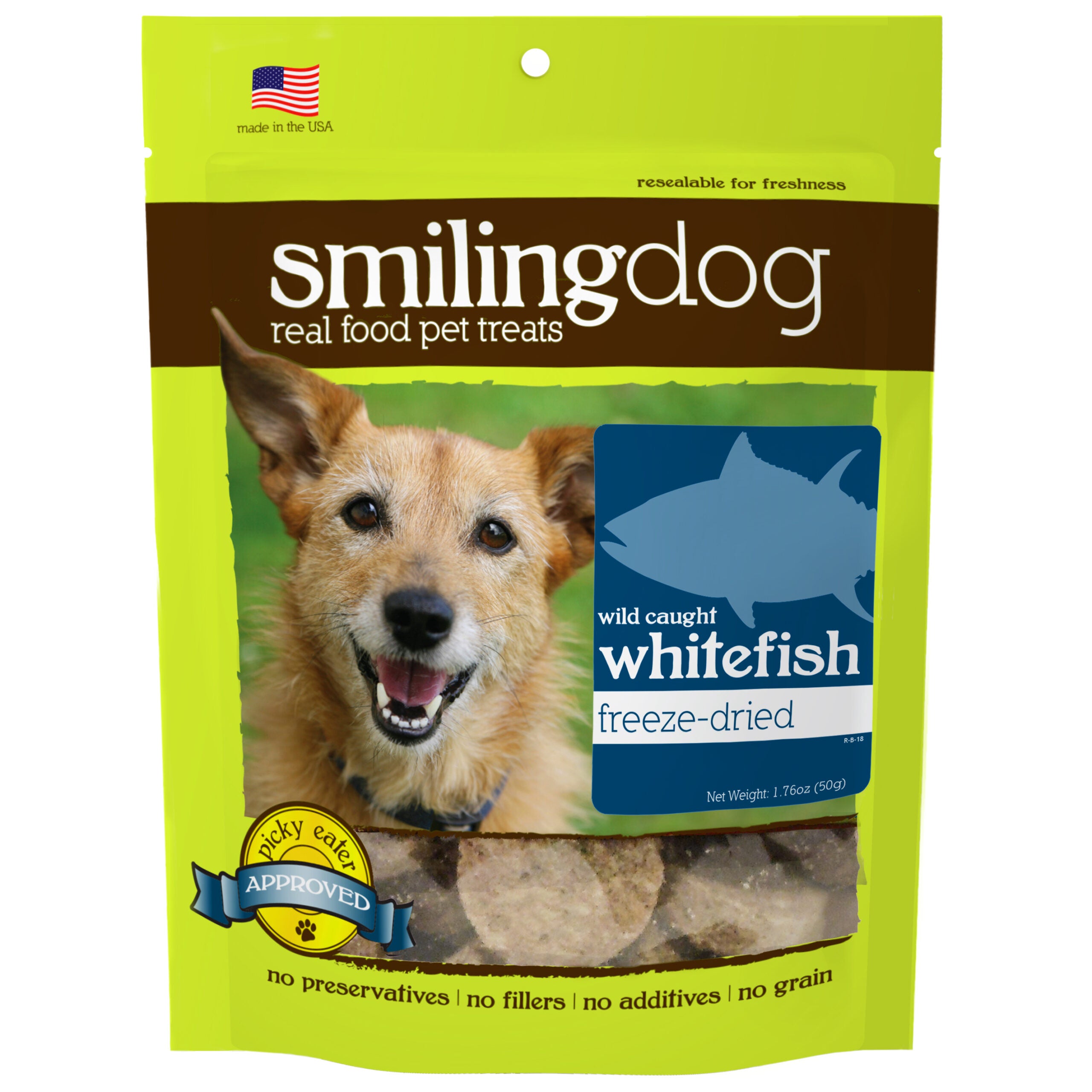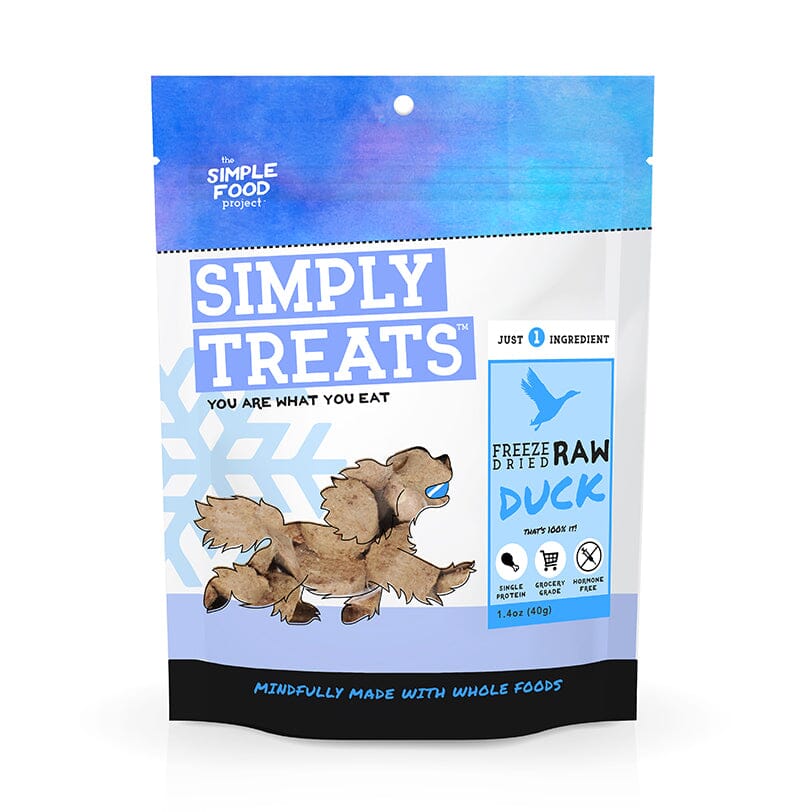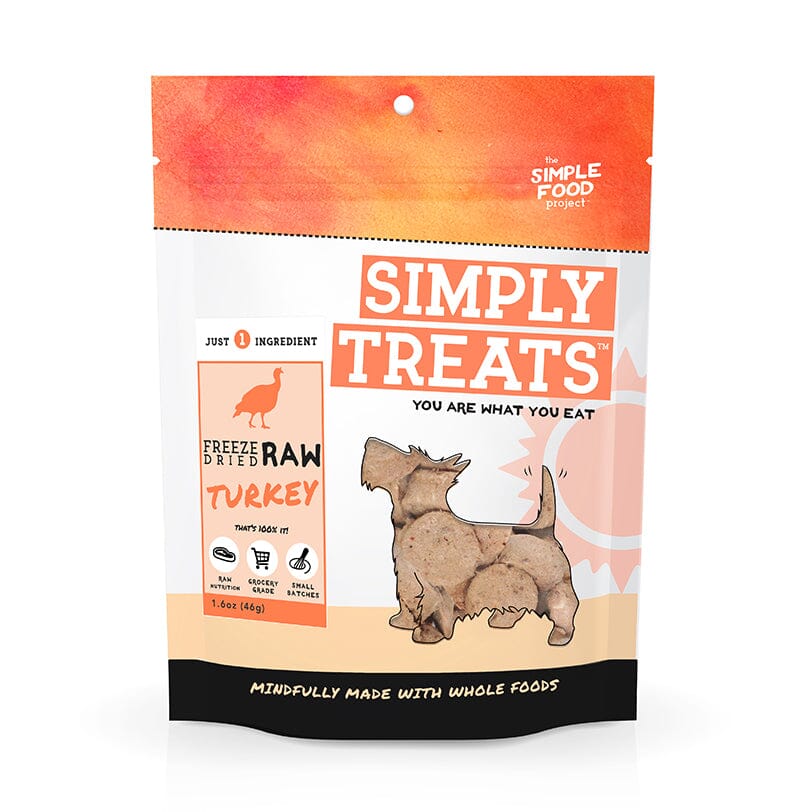
When Do You Need a Liver Detox for Dogs and Cats?

When Do You Need a Liver Detox for Dogs and Cats?
Liver detox for dogs and cats can be a vital health asset, as the liver is crucial to their overall wellness. It filters toxins from the body and helps metabolize nutrients. It also supports many essential body functions. However, various factors can significantly burden your pet's liver, decreasing its functionality or leading to potential health issues. In such cases, a liver detox can be a valuable tool to help restore and maintain optimal liver health.
Whether your pet has been exposed to toxins, is on long-term medication, or is undergoing a significant life change, such as aging or transitioning to a new diet, a liver detox can provide the necessary support to enhance liver function and improve overall vitality.
Understanding the specific situations where a liver detox for dogs and cats might be beneficial can help you make informed decisions about your pet's health care, ensuring they receive the best support for a long and healthy life. Below are several situations where a liver detox might be an excellent solution for your pet.
Exposure to Toxins

A liver detox can be beneficial when your pet has been exposed to toxins, such as certain medications, chemicals, or harmful foods. The liver is the body's primary organ for detoxification and is responsible for processing and eliminating these dangerous substances. When a pet is exposed to toxins, the liver works hard to break them down and remove them from the body. A liver detox supports this process by enhancing the liver's natural detoxification pathways, helping to speed up the elimination of toxins and reduce the burden on the liver. This can help protect the liver from potential damage, support overall health, and improve your pet's recovery after toxin exposure.
Chronic Medication Use
A liver detox for dogs and cats can be highly beneficial for pets on long-term medications, especially those metabolized by the liver. The liver processes and breaks down these medications, which can significantly burden the organ over time. Periodic detoxification helps reduce this strain by supporting the liver's natural detoxification processes, ensuring it can efficiently metabolize the medications and eliminate any byproducts. This helps maintain liver health, prevent potential damage, and ensure that the liver functions optimally despite ongoing medication use.
After Anesthesia
After anesthesia, a liver detox can benefit dogs and cats by helping the liver process and eliminate anesthetic drugs from the body. Anesthesia places a significant burden on the liver, which metabolizes these substances. A detox can aid in clearing the anesthetic residue more quickly, supporting overall recovery by enhancing liver function and reducing the grogginess, lethargy, and digestive upset that often follow anesthesia.
Detoxification can also help reduce any mild inflammation in the liver caused by anesthetic drugs, promoting a smoother recovery. By supporting the liver's ability to clear these agents, a detox may help restore your pet's normal energy levels and appetite more quickly. It's essential to consult your veterinarian before starting a liver detox after anesthesia to ensure it's appropriate for your pet's needs.
Signs of Liver Dysfunction

Suppose your pet shows signs of liver dysfunction, such as jaundice, lethargy, loss of appetite, or digestive issues. In that case, a liver detox for dogs and cats can be crucial to their recovery. The liver is responsible for filtering toxins and processing nutrients. When it's not functioning correctly, these processes can be compromised. A detox helps by supporting the liver's natural ability to eliminate toxins and restore its function, alleviating symptoms and promoting overall health. This targeted support is essential to a comprehensive treatment plan to help your pet regain vitality.
Age-Related Liver Decline
As pets age, their liver function can naturally decline, making it harder for the liver to perform its essential detoxification and nutrient-processing tasks. A liver detox for dogs and cats can be particularly beneficial for older animals, helping to support and maintain liver health. By enhancing the liver's ability to eliminate toxins and process nutrients efficiently, a detox can help counteract the effects of age-related decline, contributing to improved vitality and overall well-being in senior pets.
Holistic Health Maintenance
In a holistic care approach, regular liver detoxification can be a preventive measure to support overall health. This is particularly beneficial for breeds prone to liver issues, as it helps keep the liver functioning optimally by assisting in regularly eliminating toxins. By incorporating liver detoxification into your pet's routine, you can help maintain their overall well-being and reduce the risk of liver-related health problems, supporting a healthier, more balanced life.
Dog Breeds Prone to Liver Health Challenges
- Yorkshire Terriers: Prone to portosystemic shunts (PSS), a congenital liver disorder.
- Maltese: Also at risk for PSS and other congenital liver defects.
- Doberman Pinschers: Known to develop chronic hepatitis and copper storage disease.
- Labrador Retrievers: Can suffer from copper-associated hepatitis.
- Bedlington Terriers: High risk for copper storage disease (can lead to liver damage).
- West Highland White Terriers: May develop chronic liver inflammation.
- Cocker Spaniels: Susceptible to chronic active hepatitis
Cat Breeds Prone to Liver Health Challenges
- Persians: Can have a genetic predisposition to hepatic lipidosis and other liver disorders.
- Siamese Cats: Are also at higher risk for hepatic lipidosis and congenital liver conditions.
- Oriental Breeds (e.g., Oriental Shorthairs, Burmese): More prone to liver issues, including inherited enzyme deficiencies.
Dietary Changes
When transitioning your pet to a new diet, especially one that's more natural or raw, a liver detox for dogs and cats can help the body adjust. A detox supports the liver in efficiently processing any toxins or changes in nutrient intake that may come with the new diet. This can ease the transition, ensuring the liver adapts smoothly to the dietary changes and continues to function optimally, promoting better overall health during and after the switch.
Post-Infection Recovery
After recovering from a significant infection or illness that requires antibiotics or other strong medications, a liver detox can help clear any residual effects of the drug. It supports the liver in restoring its normal function, ensuring that it efficiently processes and eliminates leftover toxins, which can promote faster recovery and a return to overall health.
Environmental Factors
Pets living in environments with high pollution levels, pesticide exposure, or other environmental toxins can benefit significantly from regular liver detoxification. The liver plays a crucial role in filtering and eliminating these harmful substances from the body. A liver detox for dogs and cats supports the liver's natural detoxification processes, enhancing its ability to process and remove ongoing environmental toxins efficiently. This helps protect the liver from potential damage, maintain its optimal function, and promote overall health. By incorporating liver detoxification into your pet's routine, you can help counteract the effects of environmental exposure and ensure your pet remains healthy and resilient despite living in challenging environments.
Obesity and Fatty Liver Disease

Overweight pets or those diagnosed with fatty liver disease may benefit from a liver detox to support liver function. Detoxification can help reduce fat accumulation in the liver, improving the organ's ability to process nutrients and eliminate toxins, which can aid in managing and potentially reversing the effects of fatty liver disease.
A liver detox in overweight pets or those with fatty liver disease can also help improve overall health by reducing the strain on the liver, aiding in weight management, and enhancing the liver's ability to perform its vital functions. This can be a crucial component of a broader treatment plan to improve your pet's well-being and longevity.
Support During Cancer Treatments
A liver detox for dogs and cats can be beneficial for pets undergoing cancer treatment. It supports the liver's ability to process and eliminate the byproducts of chemotherapy or other treatments. Detoxification helps manage the body's overall toxin load, reducing the strain on the liver and promoting better overall health during treatment. This support can enhance the effectiveness of the treatment and improve your pet's quality of life during this challenging time.
What is the Best Liver Detox for Dogs and Cats?


PET | TAO Harmonize Liver Supplement is a veterinarian-developed product designed to support and maintain the health of your pet’s liver, one of its most vital organs. The liver plays a crucial role in detoxification, metabolism, and nutrient processing, making its proper function essential for overall well-being. Harmonize Liver contains a carefully formulated blend of enzymes, herbs, vitamins, and antioxidants that synergistically support liver function and promote detoxification in dogs and cats.
Below, we’ll explain how each main ingredient contributes to liver health and detoxification and why our founding veterinarians, Dr. Marc Smith and Dr. Casey Damron, recommend it for liver detoxification and support.
Key Ingredients for Liver Health and Detox for Dogs and Cats
Choosing the right ingredients is essential when supporting liver detox for dogs and cats. Certain herbs, nutrients, and whole food sources can help cleanse the liver, reduce inflammation, and promote optimal function safely and naturally. Below are some of the most effective ingredients in this gentle, vet-recommended liver support formula.
Dandelion Root
Dandelion Root is highly regarded in traditional and modern medicine for its liver-supporting properties. It is particularly effective in maintaining normal liver function and promoting healthy waste elimination. This natural herb acts as a gentle diuretic, encouraging the kidneys to flush out excess water and toxins from the body. The diuretic effect helps reduce the liver’s workload by facilitating the efficient removal of waste products, ensuring that toxins do not accumulate and cause harm.
In addition to its diuretic properties, Dandelion Root is rich in antioxidants. The antioxidants help protect liver cells from oxidative stress and damage caused by free radicals. They also play a crucial role in preserving liver health, allowing the liver to continue performing its essential detoxification processes effectively. Dandelion root also promotes bile production, aiding in the digestion of fats, another critical function of the liver.
Dandelion Root’s comprehensive support for liver function makes it an invaluable ingredient in liver health supplements. It ensures that the liver remains efficient in processing and eliminating toxins, contributing to your pet's overall health and vitality.
Milk Thistle

Milk Thistle is a well-known herb recognized for centuries for its powerful liver-protective and detoxifying properties. The key to its effectiveness lies in its active compound, silymarin, a group of flavonoids known for their antioxidant, anti-inflammatory, and liver-regenerating effects.
Silymarin stabilizes the cell membranes of liver cells, making it more difficult for toxins to enter and cause damage. This protective action helps shield the liver from harmful substances, such as environmental toxins, medications, or other chemicals that can stress it. Additionally, silymarin enhances the liver's ability to regenerate by stimulating the production of new liver cells, replacing those damaged or lost due to disease or toxin exposure.
Beyond its protective and regenerative properties, Milk Thistle also plays a crucial role in the liver's natural detoxification process. It helps the liver break down and eliminate impurities, including metabolic waste products and external toxins. This helps cleanse the liver and reduces the overall toxic load on the body, improving your pet's health and well-being.
Milk thistle has also been shown to increase glutathione levels in the liver. Glutathione is a potent antioxidant critical for detoxification and protecting liver cells from oxidative stress. By boosting glutathione levels, Milk Thistle further enhances the liver’s ability to detoxify harmful substances and maintain optimal function.
Because of its comprehensive benefits, Milk Thistle is a cornerstone ingredient in liver health supplements. It helps ensure that the liver can effectively cleanse itself of impurities, regenerate damaged cells, and continue performing its vital detoxification role. It is essential for maintaining long-term liver health in pets.
Glutathione
Glutathione is a powerful antioxidant that plays a critical role in liver detoxification. It supports healthy waste elimination and helps cleanse the liver of harmful substances, ensuring that the liver can effectively filter out toxins.
Antioxidants
Antioxidants play a crucial role in supporting liver health by protecting liver cells from the damaging effects of oxidative stress. Oxidative stress occurs when an imbalance between free radicals—unstable molecules that can cause cellular damage—and the body’s ability to neutralize them. As a central organ in detoxification, the liver is particularly susceptible to oxidative stress due to its constant exposure to various toxins and metabolic byproducts. Antioxidants help mitigate this risk by neutralizing free radicals, thereby preserving liver cell integrity and function.
Superoxide Dismutase (SOD)
Superoxide Dismutase (SOD) is a powerful enzyme and acts as a first line of defense against oxidative stress. It converts superoxide radicals, which are highly reactive and harmful, into less damaging molecules like hydrogen peroxide. By doing so, SOD helps prevent oxidative damage that can lead to liver cell injury and inflammation, ensuring that the liver remains healthy and functional.
B Vitamins
B vitamins are essential for energy production and various metabolic processes, including detoxification. For instance, Vitamin B2 (Riboflavin) and Vitamin B6 (Pyridoxine) are pivotal in the liver’s metabolizing and eliminating toxins. These vitamins act as cofactors in enzymatic reactions that help convert toxic substances into less harmful forms that can be excreted from the body. Additionally, B vitamins support the production of glutathione, one of the body’s most important antioxidants, further enhancing the liver’s detoxification capabilities.
Vitamin C
Vitamin C is a potent antioxidant that works synergistically with other antioxidants to protect liver cells from oxidative damage. It neutralizes free radicals in the liver and body, reducing the overall oxidative burden. Moreover, Vitamin C supports the immune system and helps regenerate other antioxidants, such as Vitamin E, extending their protective effects.
Vitamin E
Vitamin E is a fat-soluble antioxidant that protects the lipid components of liver cell membranes from oxidative damage. By safeguarding these membranes, Vitamin E helps maintain liver cells' structural integrity and functionality, ensuring they can effectively detoxify. Furthermore, Vitamin E works closely with Vitamin C and SOD to provide a comprehensive defense against oxidative stress.
Collectively, the antioxidants form a robust defense system that protects the liver from the harmful effects of free radicals and oxidative stress. By preserving liver cell health, these antioxidants enhance the liver’s ability to detoxify the body, process nutrients, and maintain overall health. This protective function is significant for pets exposed to environmental toxins, medications, or other stressors that can increase oxidative stress and challenge liver function. Incorporating antioxidants like SOD, B vitamins, Vitamin C, and Vitamin E into your pet’s diet through supplements such as PET | TAO Harmonize Liver helps ensure that their liver remains resilient and capable of performing its critical detoxification role.
Fructooligosaccharides
Fructooligosaccharides (FOS) are a type of prebiotic fiber essential in maintaining a healthy gut microbiome. Prebiotics like FOS serve as a food source for beneficial bacteria in the gut, such as Bifidobacteria and Lactobacilli. By nourishing these good bacteria, FOS helps promote their growth and activity, leading to a balanced and thriving gut ecosystem.
A healthy gut microbiome is crucial for digestion and overall health, including liver function. When the gut microbiome is balanced, it helps in the efficient breakdown and absorption of nutrients, reducing the production of harmful substances like endotoxins. If produced in excess, endotoxins can enter the bloodstream and place additional strain on the liver, which is responsible for filtering and detoxifying these substances.
Fructooligosaccharides indirectly benefit liver health by supporting a healthy microbiome. First, they help reduce the liver's detoxification workload by minimizing the production of harmful byproducts in the gut. This allows the liver to focus more on its primary functions, such as metabolizing nutrients and processing external toxins, rather than compensating for an imbalanced gut environment.
A balanced gut microbiome also contributes to a stronger immune system, further supporting liver health. A healthy immune system helps prevent infections and inflammation that could otherwise affect the liver and its functioning ability. By maintaining a robust gut flora through prebiotics like FOS, you are helping to create a supportive environment that promotes overall health and reduces the burden on the liver.
Bacillus Coagulans
Bacillus Coagulans (Probiotic) is a beneficial bacteria that supports a healthy immune and digestive system. It helps maintain gut balance so the liver can focus on its primary functions of detoxification and metabolism.
Digestive Enzymes
Digestive enzymes such as Alpha-amylase, Lipase, Cellulase, and Protease play a critical role in the digestive process by breaking down complex nutrients into simpler, more absorbable forms. Each enzyme has a specific function, targeting different types of nutrients to ensure they are efficiently digested and absorbed by the body.
Alpha-Amylase
Alpha-amylase breaks down carbohydrates into simple sugars, which are easier for the body to absorb. By facilitating the digestion of starches and other carbohydrates, Alpha-amylase helps prevent undigested food from fermenting in the gut, which can lead to bloating, gas, and the production of harmful byproducts. This not only aids in digestion but also reduces the amount of work the liver has to do in processing these byproducts.
Lipase
Lipase targets fats, breaking them down into fatty acids and glycerol. Efficient fat digestion is crucial because fats are more challenging for the body to process than other nutrients. By ensuring that fats are adequately broken down, Lipase helps prevent the accumulation of undigested fats, which can place additional strain on the liver. This reduction in the liver's workload allows it to focus on its other essential functions, such as detoxification and metabolism.
Cellulase
Cellulase is unique because it breaks down cellulose, a fiber in plant cell walls. Most animals, including dogs and cats, do not naturally produce cellulase, making it a valuable addition to their diet. By breaking down cellulose, Cellulase helps digest plant materials, improving nutrient absorption and reducing the amount of undigested fiber that could otherwise irritate the digestive tract and complicate liver function.
Protease
Protease breaks down proteins into amino acids, the building blocks of all cells and tissues. Proper protein digestion is vital because undigested proteins can ferment in the gut, producing toxins like ammonia, which the liver must detoxify. Protease helps reduce the production of these harmful byproducts by ensuring proteins are efficiently broken down, lightening the liver’s detoxification burden.
Together, the digestive enzymes enhance the overall digestion and absorption of nutrients, ensuring your pet gets the maximum benefit from their food. By improving digestion, enzymes reduce the amount of undigested food that could otherwise create toxic byproducts the liver would need to process and eliminate.
Reducing the liver’s workload allows it to focus more on its critical roles in detoxification and metabolism, supporting overall liver health and function.
Combining these key ingredients, PET | TAO Harmonize Liver Supplement provides comprehensive liver support and detoxification. Incorporating this supplement into your pet’s diet helps ensure their liver functions optimally, promoting a long, healthy, and vibrant life.
How to Use PET | TAO Harmonize Liver Supplement

PET | TAO Harmonize Liver Supplement is designed to support and maintain the health of your pet’s liver through a carefully formulated blend of enzymes, herbs, vitamins, and antioxidants. To ensure the best results, it’s important to administer the supplement according to the recommended dosages based on your pet’s weight. For pets weighing up to 30 lbs, give 1/2 tablet daily. For those weighing between 31-60 lbs, administer 1 tablet daily. Pets weighing 61 lbs and over should receive 1 1/2 to 2 tablets daily. The supplement is highly versatile and can be given any time of day, even on an empty stomach, making it easy to incorporate into your pet’s daily routine.
Long-Term Use and Benefits
Harmonize Liver Supplement is safe for long-term use, allowing you to support your pet’s liver health over time continuously. Regular supplement administration can help maintain normal liver function, promote efficient detoxification, and support overall vitality. Combined with a healthy, nutritious diet free from additives and preservatives, this supplement can enhance your pet’s well-being, especially for those prone to liver issues or exposed to environmental toxins.
Warnings and Precautions
While PET | TAO Harmonize Liver Supplement is formulated with safe, natural ingredients, there are a few important warnings and precautions to consider. If your pet’s condition worsens or does not improve after starting the supplement, discontinue use and consult your veterinarian. Additionally, the safety of this supplement has not been proven for pregnant animals or animals intended for breeding, so it’s recommended to avoid use in these cases unless advised by a veterinarian. It is also important to note that the supplement should not be used within 48 hours of surgery or anesthesia as it may interact with these procedures.
Storage and Safety
To prevent accidental ingestion, store the supplement in a cool, dry place, out of reach of children and animals. In the event of an accidental overdose, contact a health professional immediately. As with any supplement, follow the recommended guidelines and consult your veterinarian to ensure it suits your pet’s specific health needs.
Sources:
- Abenavoli, L., Izzo, A. A., Milić, N., Cicala, C., Santini, A., & Capasso, R. (2018). Milk thistle (Silybum marianum): A concise overview on its chemistry, pharmacological, and nutraceutical uses in liver diseases. Phytotherapy Research, 32(11), 2202–2213. https://pubmed.ncbi.nlm.nih.gov/30080294/
- Honda, Y., Kessoku, T., Sumida, Y., Kobayashi, T., Kato, T., Ogawa, Y., Tomeno, W., Imajo, K., Fujita, K., Yoneda, M., Kataoka, K., Taguri, M., Yamanaka, T., Seko, Y., Tanaka, S., Saito, S., Ono, M., Oeda, S., Eguchi, Y., Nakajima, A. (2017). Efficacy of glutathione for the treatment of nonalcoholic fatty liver disease: an open-label, single-arm, multicenter, pilot study. BMC Gastroenterology, 17(1). https://www.ncbi.nlm.nih.gov/pmc/articles/PMC5549431/
- Rosa AC, Corsi D, Cavi N, Bruni N, Dosio F. Superoxide Dismutase Administration: A Review of Proposed Human Uses. Molecules. 2021 Mar 25;26(7):1844. doi: 10.3390/molecules26071844. PMID: 33805942; PMCID: PMC8037464. https://www.ncbi.nlm.nih.gov/pmc/articles/PMC8037464/
- Di Ciaula, A., Baj, J., Garruti, G., Celano, G., De Angelis, M., Wang, H. H., Di Palo, D. M., Bonfrate, L., Wang, D. Q., & Portincasa, P. (2020). Liver steatosis, Gut-Liver Axis, Microbiome and Environmental Factors. A Never-Ending bidirectional Cross-Talk. Journal of Clinical Medicine, 9(8), 2648. https://www.ncbi.nlm.nih.gov/pmc/articles/PMC7465294/
- Watts, J. (2012, March 17). 9 Dog breeds at greater risk of developing liver disease | PETSCI. PetSci. https://petsci.co.uk/health-care/9-dog-breeds-at-greater-risk-of-developing-liver-disease/
- Liver and gall bladder disease in cats. (n.d.). International Cat Care. https://icatcare.org/articles/liver-and-gall-bladder-disease-in-cats

